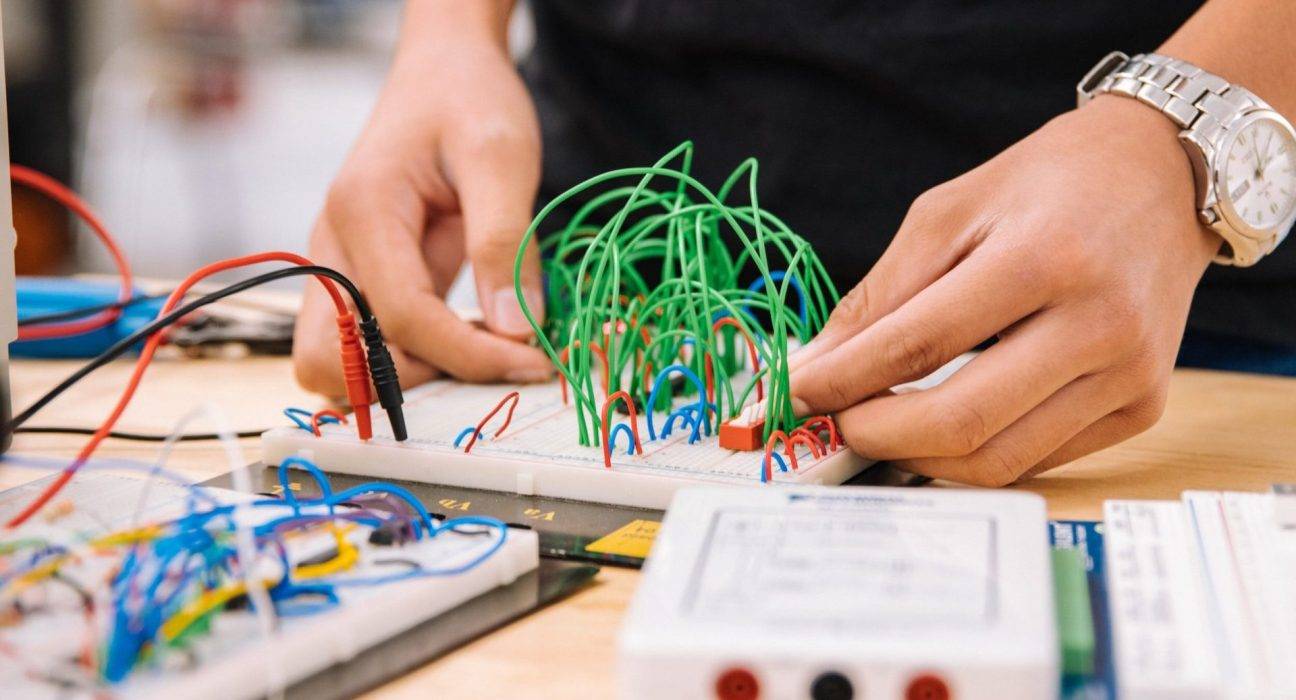A new study from The Ohio State University (OSU) highlights a crucial insight for students pursuing science, technology, engineering, and math: dedication pays off, but comparing your efforts to others can be harmful.
Published in Contemporary Educational Psychology, the research shows that STEM students who assess their effort by comparing it to their peers are more likely to experience self-doubt, even when working harder. This mindset, known as low science self-concept, often leads to lower academic performance and increased feelings of inadequacy.
“Students should focus on their own progress, not how they stack up against others,” said lead author Hyewon Lee, now a postdoctoral researcher at the University of California, Irvine. “Recognizing their own effort as the key to success is vital.”
The study followed 690 undergraduates enrolled in an introductory chemistry course and examined how their perceptions of effort influenced their academic confidence and performance. Researchers identified two distinct ways students measure their effort: criterion effort—believing one is working hard to learn the material—and comparative effort—believing one is working harder than others.
The results revealed that students with a comparative effort mindset were more likely to believe they lacked natural ability, which contributed to lower confidence and academic performance.
Gender also played a role in how students internalized their efforts. Women who believed in their own hard work (criterion effort) experienced a boost in confidence. However, when they began to compare themselves to others, that confidence disappeared. Researchers suggest that this effect may be linked to persistent stereotypes in science, where hard work can feel empowering at first but later perceived as a sign of inadequacy.
Men, on the other hand, did not gain confidence solely from believing they were working hard. Their self-assurance appeared more tied to past results, reinforcing what researchers called a “scoreboard mentality.”
“It’s a feedback loop,” Lee explained. “Students who see their effort paying off perform better, reinforcing their belief in hard work.” But when students begin to compare themselves to others, that motivation can quickly decline.
Shirley L. Yu, co-author of the study and head of Ohio State’s SPARKS Lab, emphasized the need to challenge the competitive culture in STEM. “We must address these harmful comparison habits—especially for women in science,” she said.
This is the first study to examine how different perceptions of effort impact real academic outcomes in STEM fields. The message is clear: success in science isn’t about working harder than others—it’s about recognizing and building on your own progress.



